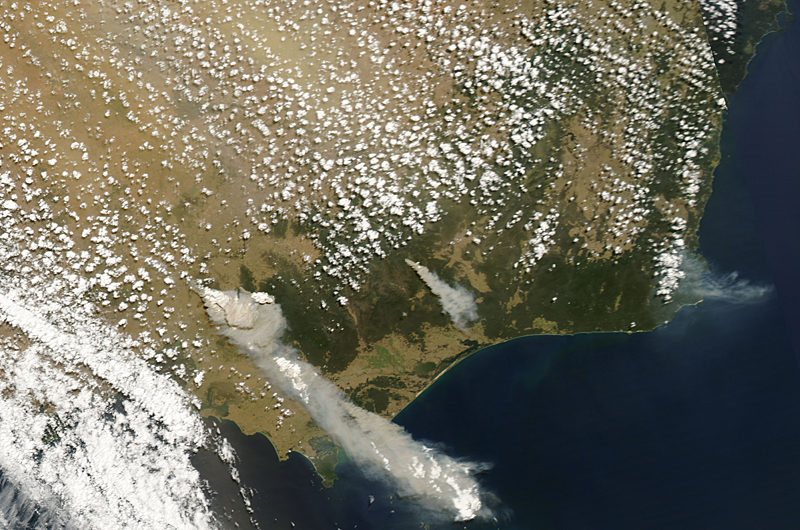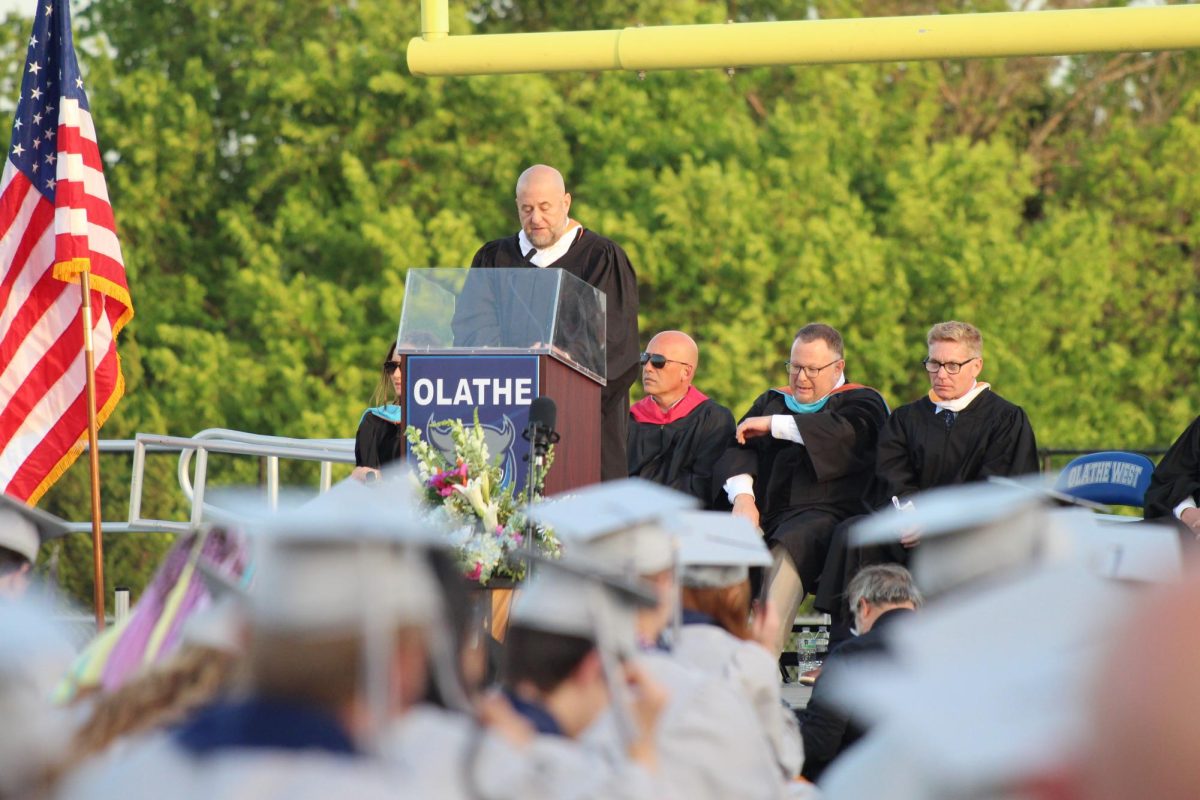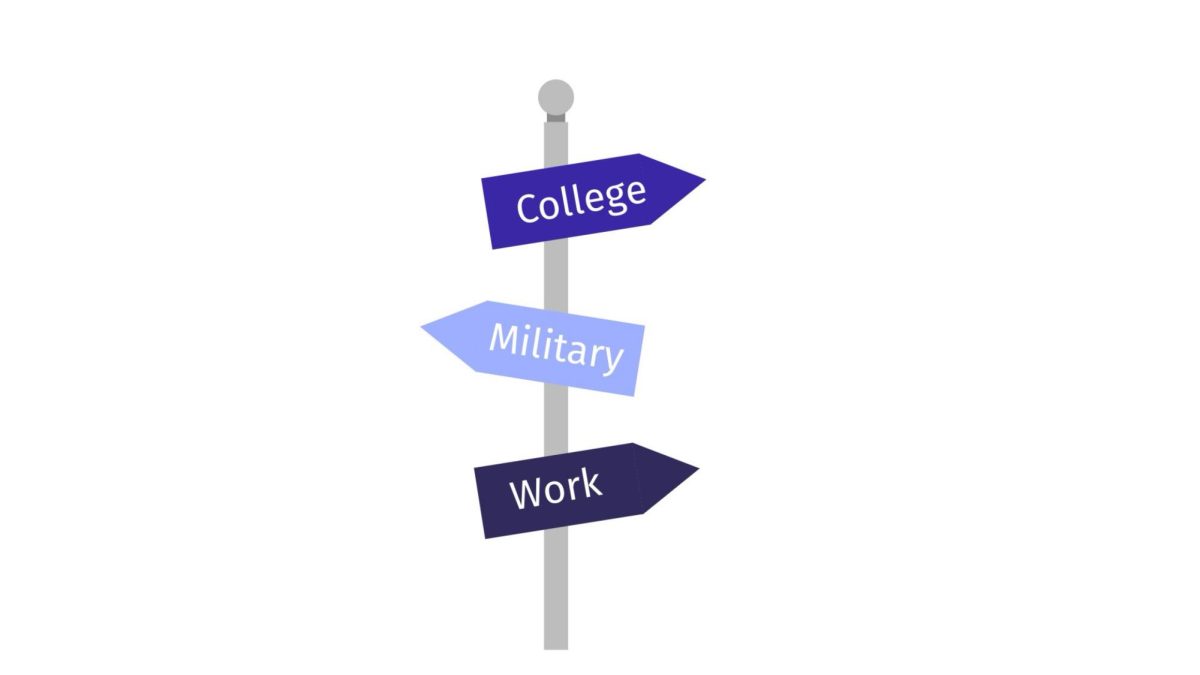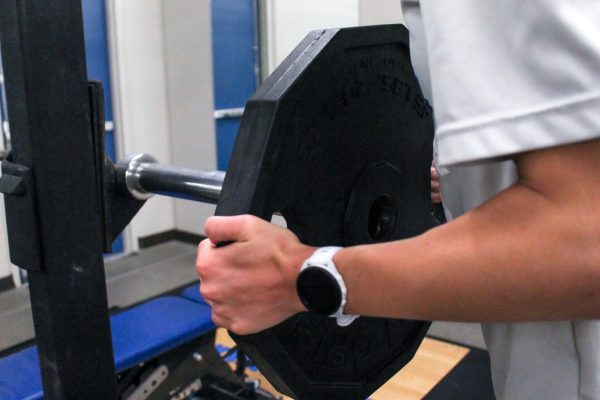Wildfires take over Australia
January 22, 2020
Australian states have seen devastating amounts of wildfires ever since the fire season started in late July. Recently, New South Wales has been hit hard with over 2,000 homes destroyed and 27 people killed.
The fires have mainly been hitting along the coast. They have even been hitting around Sydney. The air quality has been measured in the hazardous level.
Mostly, bushfires have turned into much larger scale fires, scorching 25.5 million acres. evacuating close to a quarter-million people during this process.
Not just humans are affected by this; close to a billion animals have died from the fires just the week of Jan. 6. Many species are in danger: anywhere from birds, mammals, and insects. This is especially devastating considering Australia is known for having around 244 species of animals that are not found anywhere else in the world. Koalas have taken a big hit since their habitat is mostly forested. An estimated 25,000 have died from the fires with Australia only having around 50,000.
The citizens have taken action in trying to rescue as many animals as possible and making hospitals. Many volunteers and Wildlife and National Park crews have pitched in to help save the animals from the burned areas.
In Sydney, the air has become so hazardous that citizens are advised to wear masks. The sky has turned orange and the smoke is now unavoidable.
The cause of the fires are from a few different sources: Australias summer season has had a lot of dry lightning, which started fires in the deserts and dry areas suffering from drought. Other causes include even man-made fires. In New South Wales, there are 24 people suspected and charged for starting bush fires just recently.
However, mainly this event is to blame because of climate change. Global warming and climate change signs have become more apparent across the globe, starting with wildfires in California, the Amazon rainforest, and now Australia. Weather conditions have become more intense across the globe with hotter temperatures in the summer and colder temperatures in the winter.
Cody Janousek, the Green Tech Academy Facilitator, talked about how this problem will increase and even affect our lives locally.
“Climate Change, in general, can make things like precipitation and weather events more intense and less predictable, so our ability to create food and anticipate flooding events would increase locally,” Janousek said, “So our streams and our infrastructure that exists to handle that type of stuff maybe needs to be improved.”
The fires still stay growing, however, New South Whales and Victoria might see some improvements soon. Thunderstorms and rain have been predicted to show up within a few days.
After this disaster has passed, the problem won’t end. The rebuilding process will have to start, the smoke will take some time to clear and there is a lot of stress from the loss of land. The lack of food sources for both humans and animals will also be a problem that is going to have to be fixed after the fires.








